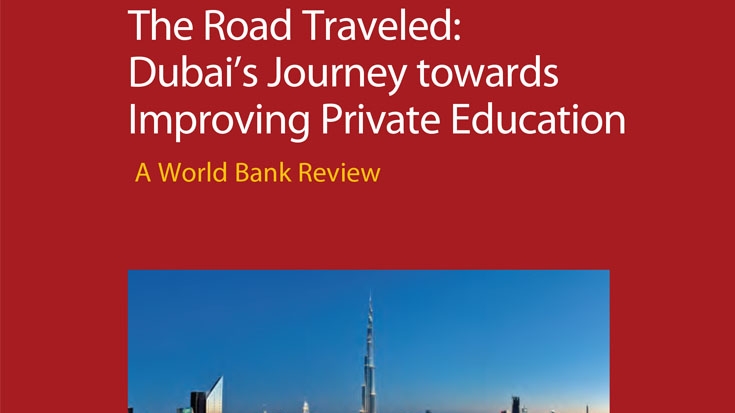Harnessing the Potential for Green Growth in Kuwait
Like many countries in the Middle East and North Africa (MENA) region, Kuwait faces considerable environmental challenges due to air pollution, increasingly scarce water resources and deteriorating arable land. Part of the motivation behind the World Bank's cost of environmental degradation report prepared in partnership between the World Bank and the Environment Public Authority (EPA) in Kuwait is to highlight the path to efficient resource allocation by properly costing the externalities that affect the economy. By using the tools of economics to analyze the impacts of environmental degradation and climate change, the report hopes to highlight the positive incentives for good environmental practices, and in particular illustrate how difficult challenges present opportunities to diversify the economy through green growth, and generate sustainable jobs and income for future generations.
Kuwait: Fostering Sustainable Investment through Modern Commercial Law Systems
The Government of Kuwait (GOK) is moving decisively to reform its insolvency and creditor/debtor regime (ICR). Stakeholders recognize that Kuwait's ICR system had fallen behind that required for a modern economy. The GOK's reform agenda aspires to world-class standards, balancing international norms with solutions rooted in Kuwait's unique local customs. The consensus among stakeholders is that an effective insolvency regime would benefit the Kuwait economy.
Steering Dubai's Education Reform through Incentive and Accountability Drivers
As Dubai has grown over the last two decades, the demand for private education has grown with it, a reflection of the number of expatriates settling in the city and the various curricula on offer to cater to expatriates. The knowledge and human development authority (KHDA) has returned to the World Bank requesting a review of the governance initiatives. A World Bank team, working in close collaboration with counterparts in the KHDA, and in consultation with the wider stakeholders in question (private school owners, heads, teachers, and parents), completed the review and the findings are presented in this report.
Capacity Building under Reimbursable Technical Assistance Programs: The Case of Oman's Education Sector
A World Bank team worked closely with the Ministry of Education (MoE) on the Oman education sector study which was launched in October 2012. This report provides a comprehensive review of the Oman pre-tertiary education and offers policy recommendations in light of international experiences. There are certain key steps in ensuring that the World Bank delivers a quality product and transfers knowledge to partners, including: clear roles and responsibilities for the bank and government teams; close collaboration between the teams; a focus on capacity building; a skillful, dedicated, and cohesive team; and focus on results.
Institutional and Governance Structure of Oman’s Transport Sector: Challenges and Options for Reforms
This paper describes a study carried out for the Ministry of Transport and Communications (MoTC), Oman to identify more efficient institutional and governance structures for Oman’s transport sector. The paper has been prepared for a wider readership of transport sector political leaders, public officials and their advisers who may be contemplating the assessment or strengthening of transport sector governance in their own countries. The study also recommended that a new framework for Oman’s freight logistics be established outside the structure of MOTC.

This Program Achievement Report (PAR) captures the accomplishments of the intensive effort the Kuwait Ministry of Education has undertaken in cooperation with the World Bank. This multi-year, integrated modernization program addresses critical issues in Kuwait’s education system: curricular reform, the development of national assessment systems, improvement of school leadership, and creation of professional standards.

This report offers an in-depth review of the innovative approached adopted by Dubai’s Knowledge and Human Development Authority (KHDA) to improve the quality of private school education in Dubai, where almost 90% of all students attend private schools.